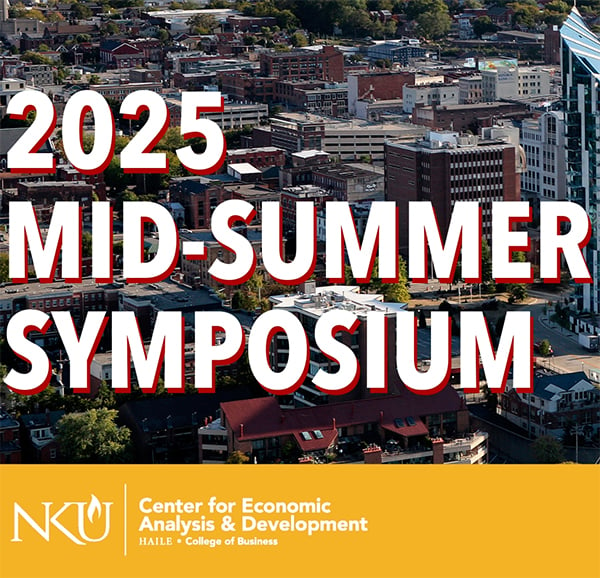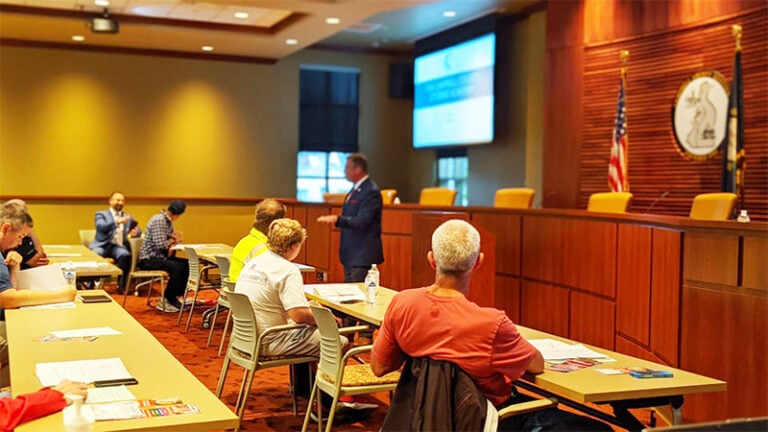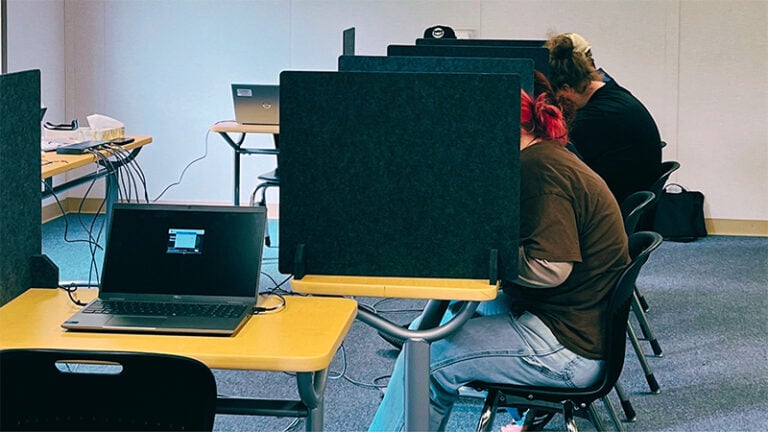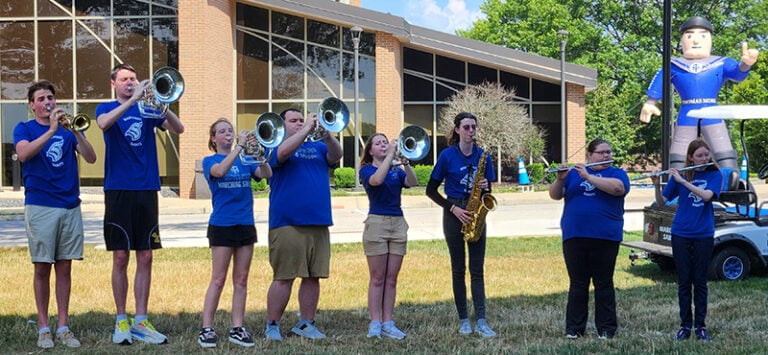Murray has been recognized as a retirement community, a friendly town, home of an affordable regional university with a reasonable cost of living, and ample access to outdoor recreation at nearby Land Between The Lakes.
Besides that, Calloway County has more residents over the age of 65 than all the other Area Development Districts in Kentucky. In fact, when compared to the rest of the Commonwealth, we boast eighteen percent of the county population beyond retirement age, as opposed to 14 per cent at the state level.
Overall, our health statistics are pretty rosy. In addition, an aging population contributes to what is called a “longevity economy” — an area of opportunity associated with a growing number of older adults and the innovations that are developed and marketed to address their needs.
Flip to the underside of the coin, however, and the statistics present a darker image:
• 1 in 3 seniors die with Alzheimer’s
• This year alone, Alzheimer’s and other dementias will cost the nation $236 billion, and will kill more than breast and prostate cancer combined.
• Out-of-pocket spending for health care continues to rise, and most people are paying more of their medical bills than ever before.
With crucial elections coming up in November, candidates at local, state and national levels should be talking about these issues, yet there is minimal rhetoric regarding these and other health care challenges. Since it is up to the voters to ask the right questions and keep asking until some answers are forthcoming, accurate information is an important starting point. So here is some background that might form the basis of meaningful questions to candidates.
A recent report on the PBS NewsHour, for example, cited rising prescription drug prices and how they create problems for people of all ages. Pharmaceutical companies counter cost objections by pointing out the risks associated with developing new drugs. When such breakthroughs become available to the public, the costs to patients can outweigh the benefits, leaving insurers to refuse coverage.
In the meantime, technological advances are leading to the development of specific drugs for specific individuals. This personalized approach to medicine is groundbreaking and offers exciting prospects for curing dreaded diseases, but how can costs be spread over society as a whole, when expensive drugs are developed on a case-by-case basis?
Consider the 10,000 Baby Boomers that turn 65 every day and qualify for Medicare. An estimated 70 per cent of them will require some form of long-term care at some point before they die. Not only are the costs associated with these services out of reach for most of us – approximately $46,000 for a home health aide to $80,000-plus for a nursing home – but Medicare does not pay for most long-term care services.
Medicaid, which does pay for some long-term care, is not available unless recipients are very poor to begin with, or they have spent nearly all of their savings to care for an elderly or disabled loved one. Purchase of long-term care insurance is recommended, but such plans are expensive, and costs are rising as people, especially women, live longer.
Added to the difficulties spelled out above, dental care is difficult to get and difficult to pay for when a person is poor. This problem is not confined to those 65 and over, because lack of dental care in the young can lead to disease, school absences, and poorer academic performance. For adults, lack of dental treatment is linked to medical conditions as diverse as heart, disease, diabetes, and Alzheimer’s disease.
According to the Centers for Disease Control and Prevention, one in every three adults has untreated tooth decay, and more than 100 million Americans do not have dental insurance. In 2014, 38 per cent of adults ages 18-64 reported no dental visits at all.
Elected officials at the federal level have access to top-of-the-line health care. Isn’t it time to ask them – or those who hope to take their places in high offices – how they plan to approach these and other serious issues related to the health and well-being of individuals and communities?
An article that covers these and other health topics candidates should be talking about is online at here.
 Constance Alexander is a faculty scholar in the Teacher Quality Institute at Murray State University. She is a freelance writer who writes a regular column for her local newspaper and for NKyTribune.
Constance Alexander is a faculty scholar in the Teacher Quality Institute at Murray State University. She is a freelance writer who writes a regular column for her local newspaper and for NKyTribune.

















